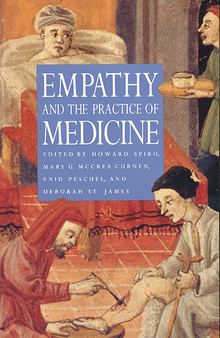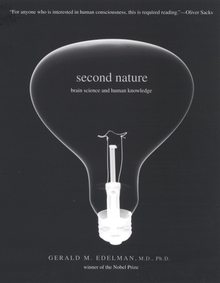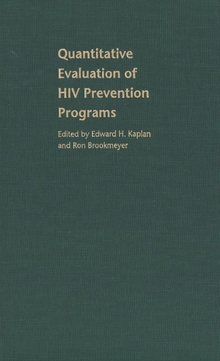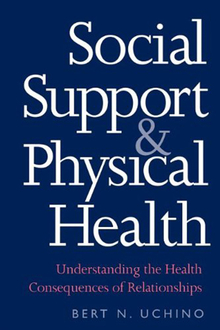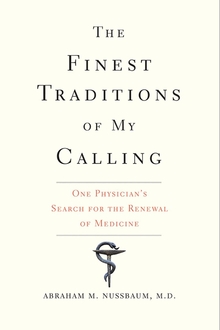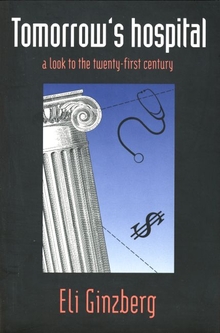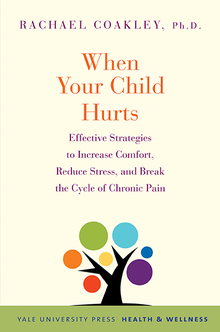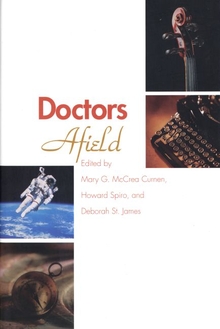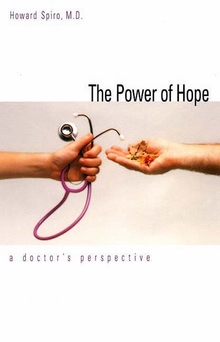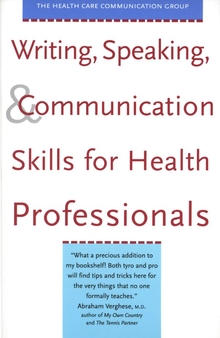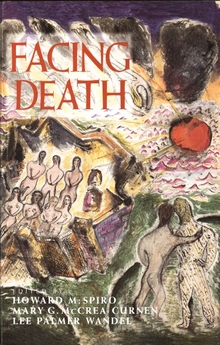Empathy and the Practice of Medicine
WARNING
You are viewing an older version of the Yalebooks website. Please visit out new website with more updated information and a better user experience: https://www.yalebooks.com
Beyond Pills and the Scalpel
Edited by Howard Spiro, Enid Peschel, Mary G. McCrea Curnen, and Deborah St. James
The book—a collection of essays by physicians, philosophers, and a nurse—is divided into three parts: one deals with how empathy is weakened or lost during the course of medical education and suggests how to remedy this; another describes the historical and philosophical origins of empathy and provides arguments for and against it; and a third section offers compelling accounts of how physicians' empathy for their patients has affected their own lives and the lives of those in their care. We hear, for example, from a physician working in a hospice who relates the ways that the staff tries to listen and respond to the needs of the dying; a scientist who interviews candidates for medical school and tells how qualities of empathy are undervalued by selection committees; a health professional who considers what her profession can teach physicians about empathy; another physician who ponders whether the desire to be empathic can hinder the detachment necessary for objective care; and several contributors who show how literature and art can help physicians to develop empathy. Medicine, asserts most of these authors, is both science and narrative, reason and intuition. Empathy underlies the qualities of the humanistic physician and must frame the skills of all professionals who care for patients.
Prepared under the auspices of the Program for Humanities in Medicine, Yale University School of Med
"A brilliant and useful collection of essays placed in the service of the patient and those who take care of the sick."—Richard Selzer, M.D., from the Foreword
"If you want to know how much the practice of medicine has changed since World War II, this series of essays explains the transformation. Written primarily for the medical profession, the book will also prove beneficial to everyone who is, or will become, a patient."—Edward R. Pinckney, Science Books and Films
"[Spiro's] wide-ranging talents as a professor of gastroenterology and a humanist provide a sensitivity to subject matter and a depth of understanding that draws the book together. . . . Empathy and the Practice of Medicine should be read by students, house officers, and practitioners who wish to expand their awareness of the use of empathy in practice. It will appeal most to doctors who are willing to explore the humanities to supplement their understanding of narrative and human feelings. . . . The breadth and depth of this collection of essays have much to teach oncologists who favor an empathic approach."—Daniel Rosenblum, Journal of the National Cancer Institute
"Empathy and the Practice of Medicine attempts to bring the patient's experience of illness and the physician's empathic understanding of the patient to center stage. This book should be required reading for all those involved in the diagnosis, treatment, and care of patients. . . . The value of empathic connections with patients is conveyed through the presentation of personal accounts, philosophical considerations, and historical and literary tales. . . . This book validates the physician's need to gain an empathic knowledge of the patient to better diagnose, treat, and counsel."—Arthur S. Elstein, Ph.D., Annals of Internal Medicine
"[The pages] merit an audience among medical educators in academic centers and residency training programs."—Andrew L. Epstein, Annals of Internal Medicine
"The strength of this text lies in the clarity with which the empathy in medicine problem is defined. . . . This text is well written and highly recommended. An important topic, empathy, is discussed from a number of vantage points . . . it will undoubtedly stimulate thinking and conversation amongst its readers."—David L. Kearns and David M. Rosenthal, Contemporary Psychology
"An excellent work to help the physician renew his or her role as communicator, teacher, and friend for his or her patient."—John Catanzaro, ND, The Library Letter
"My hope is that this fine little book will find its way into the hands of the many who live to teach the future caregivers, physicians or otherwise. For them, Empathy and the Practice of Medicine offers much wisdom, solace, and renewal of purpose."—Dale E. Rauch, M.D., Psychiatric Services
"An excellent resource on the topic of empathy. . . . I see it most useful as a text for medical students or premedical students in medical humanities."—Daniel J. Bressler, American Journal of Preventive Medicine
Publication Date: February 21, 1996
Publishing Partner: Prepared under the auspices of the Program for Humanities in Medicine, Yale University School of Med

